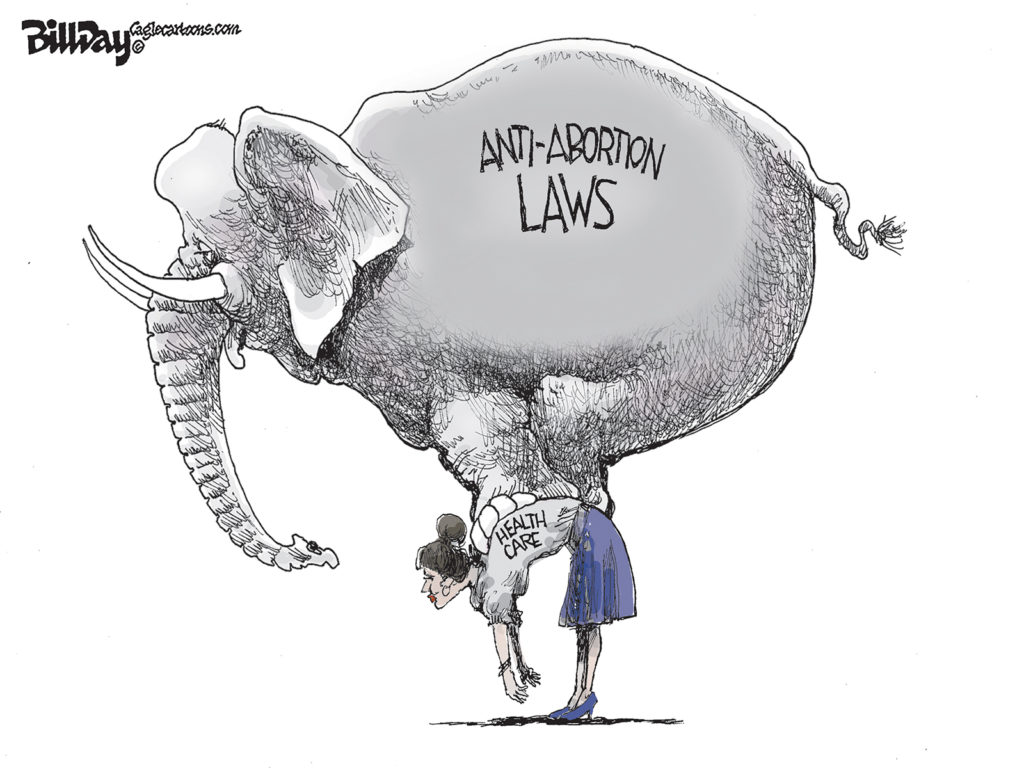From Urbanophile:
If you look at the typical urban redevelopment efforts in any given city, they are heavy on capital expenditures. I’ve noticed quite a slew of articles on this of late related to Detroit: a light rail line on Woodward, a new bridge to Canada, a new transit station in suburban Troy, rebuilding and expanding I-94, $500 million in new hospital investment downtown.
But is this really the path back to success for a city like Detroit? Harvard economist Ed Glaeser noted in an episode of Smart City Radio, that “the hallmark of a declining city is that it has a lot of infrastructure relative to economic activity…it’s very strange to think that the right response is to build more structures in those places.” Challenged by host Carol Coletta about the need for certain new types of infrastructure or projects to attract educated people, Glaeser didn’t go for it, saying, “For every Bilbao that looks like a success, there are nine failures.” He didn’t say to always say No, but clearly favored low cost solutions like public art over big investments.
Anyone who’s been to Detroit knows that it’s vastly over-infrastructured and that the city and region can’t even afford to even to maintain what they have. Why then is so much of the civic effort put into new capex projects will only add new stuff that also can’t be maintained? Is this really the best use of funds? Keep in mind, the debt of the city alone is $20 billion. Even with private funds, there’s only so much money to go around.
Clearly, as things wear out, you need to repair and modernize them simply to serve the needs of local residents. The new terminals at Detroit’s airport fall into this category. Perhaps a road reconstruction would as well. So I’m not sure that a blanket “don’t build” is the right answer.
But I don’t sense that Detroit is thinking this way or coming to grips with the surplus infrastructure situation, excepting perhaps with abandoned housing. Rebuilding I-94 and improving interchange geometrics might be a good idea, but adding lanes strikes me as dubious. Detroit is probably over freewayed as it is, and with the city and regional population shrinking, I’m not sure building more roads is the answer.
Also, the focus on capital intensive transit like rail systems seems a bit crazy. Detroit is a highly decentralized metro area with greatly dispersed origins and destinations – exactly the type of place poorly served by rail. I’m not saying there’s anything intrinsically wrong with a rail line, but is that your best bang for the buck, and more importantly the best place to focus precious civic time and attention? Particularly when the city bus system is a shambles? Beyond which, Detroit’s strategies around things like rail and medical center investment are totally conventional wisdom, and don’t speak to the true character and needs of the city. Even if you get some people to sip lattes by the light rail on Woodward like they do in Portland, this isn’t going to change the civic trajectory.
The one thing that does strike me as strategic is the bridge crossing to Canada, as Detroit is the major trade gateway to Canada. But even this seems as much motivated, on both sides, by bad blood between local officials and Matty Moroun (owner of the existing bridge). And I’ve also heard that the real problem isn’t bridge congestion, but rather customs delays. A new bridge wouldn’t do anything about that.
I guess I’m a skeptic on Detroit trying to build its way back to prosperity. Particularly with the debt levels and the trouble the private sector has sustaining even existing amenities like the Detroit Symphony Orchestra. That’s especially true when it comes to “me too” strategies like light rail. I’m got getting a sense that much of this is in the service of anything that is uniquely Detroit or is rooted in the challenges of a shrinking city. Rather, it seems predicated on a “comeback” vision for Detroit seeking to recreate some semblance of former glory on the back of major capital investments. Has this worked anywhere?
However, the alternatives aren’t always that obvious. A lot of stuff really is run down and needs repair, replacement, or retirement. How to actually get rid of fixed assets is a tough challenge for a city. And new things do come along that can be important.
So I’m wondering what you think. How much should stagnant or declining cities focus on major capital investments? What types of investments, if any, should they make? What strategies would you suggest as a complement or alternate?





Complex question that really is deserving of a more well thought out reply than I can offer. One thought that does come to mind is not so much the size of the capital project(s) in question but what needs they serve to address. If a city stagnation or decline is linked entirely to its quality of life (be that entertainment, sports, healthcare facilities, museums, cultural institutions, etc…) then capital projects meant to address those deficiencies are not entirely wasted. Similar response if the city’s position is directly related to some part of its infrastructure or education institutions. However, just because it is a response to the issue does not mean it is the correct one. Just because a city’s decline is linked to mobility issues, that does not mean one should build a maglev when a Bus Rapid Transit system that utilizes excess street and freeway capacity could be implemented over a wider area at a fraction of the cost. Seeing as this light rail line has little to do with congestion or actual travel demand, why build a such a line on Woodward unless there is evidence and/or commitment for private sector investment in complementary development along the route?
Better yet, focus on improving bus service while expanding express and BRT options. Then work with private developers to identify the gaps that prevent them from investing in the existing city. I do not live in Detroit, but its sounds like delays related to freeway congestion or lack of mobility along Woodward are not going to define those gaps. Invest capital to bridge the gaps whatever they might be: workforce training, research institutes, quality public space, education options, entertainment, safety and welfare, small business investment or maybe it’s leveraging public capital to facilitate private projects via streetscape improvements.